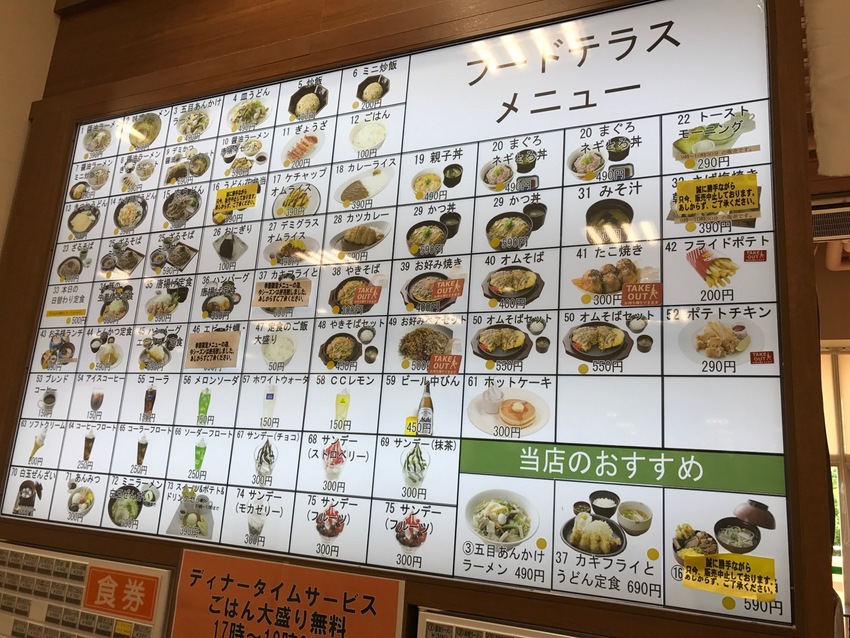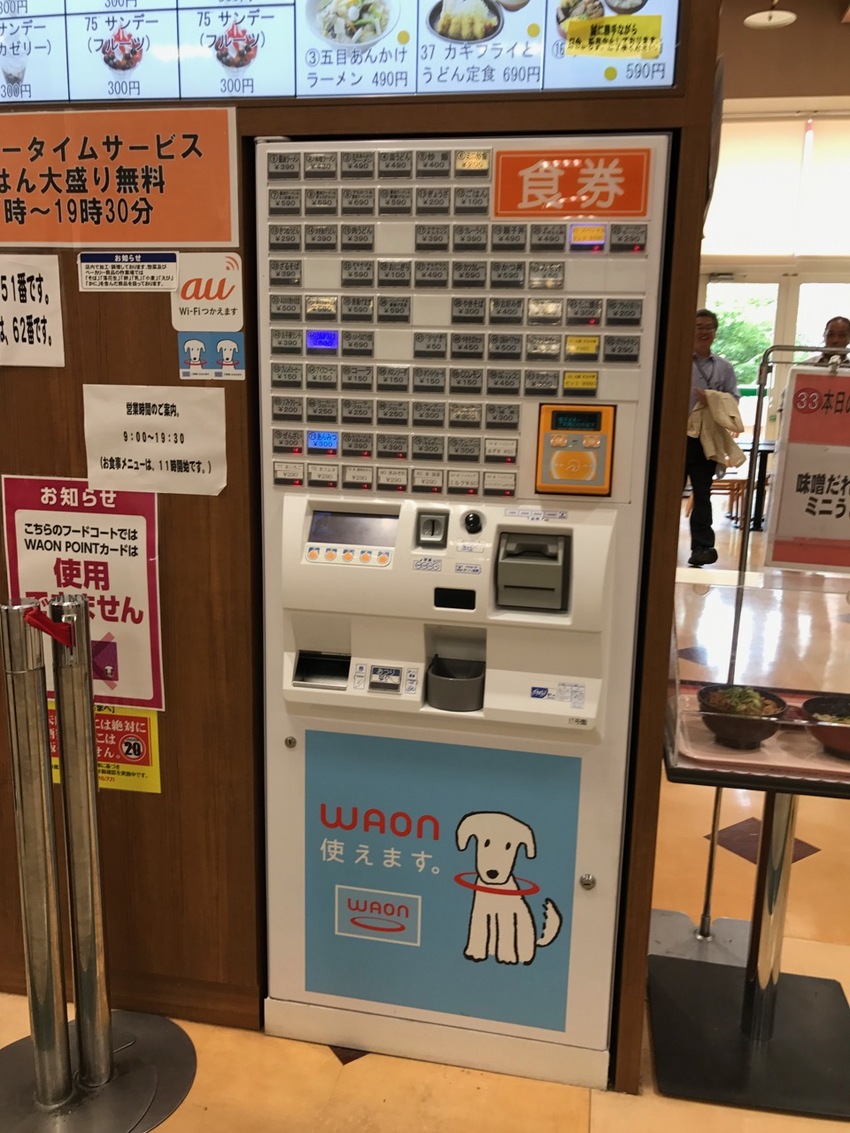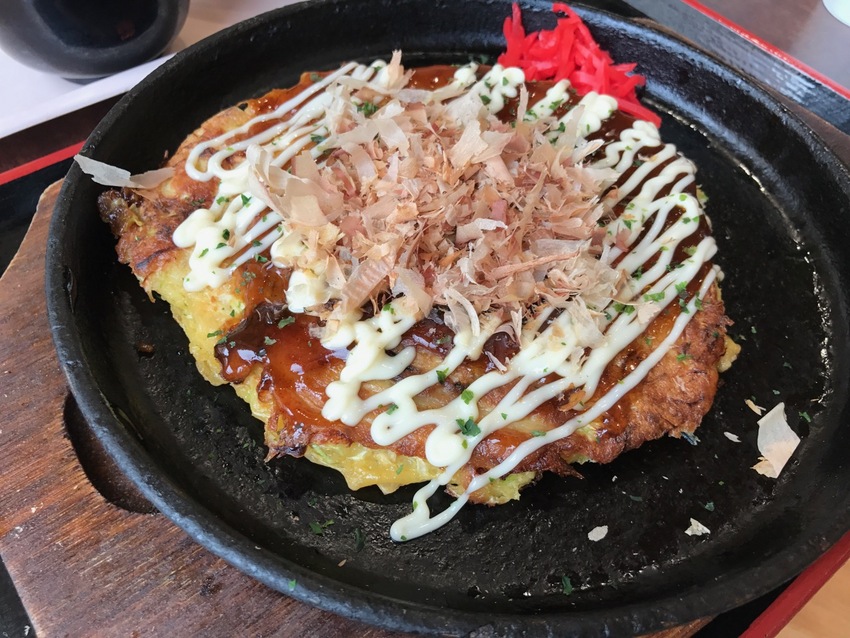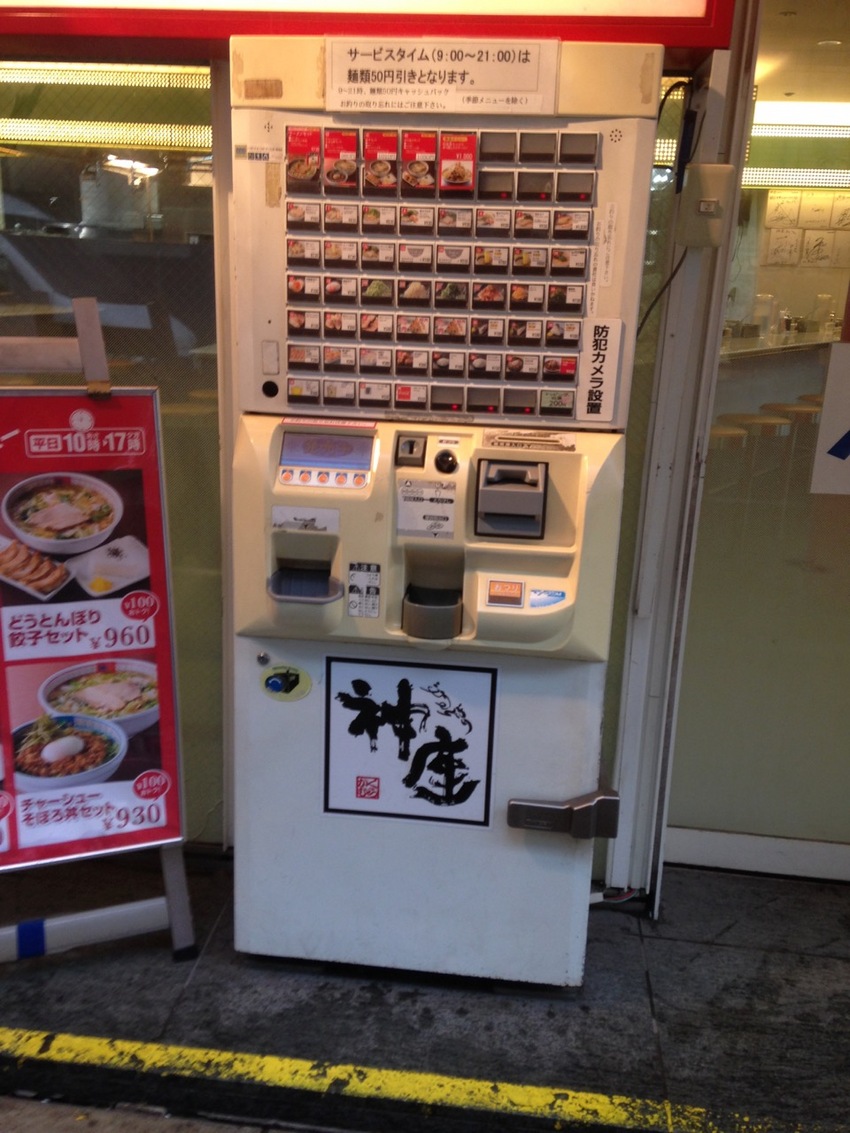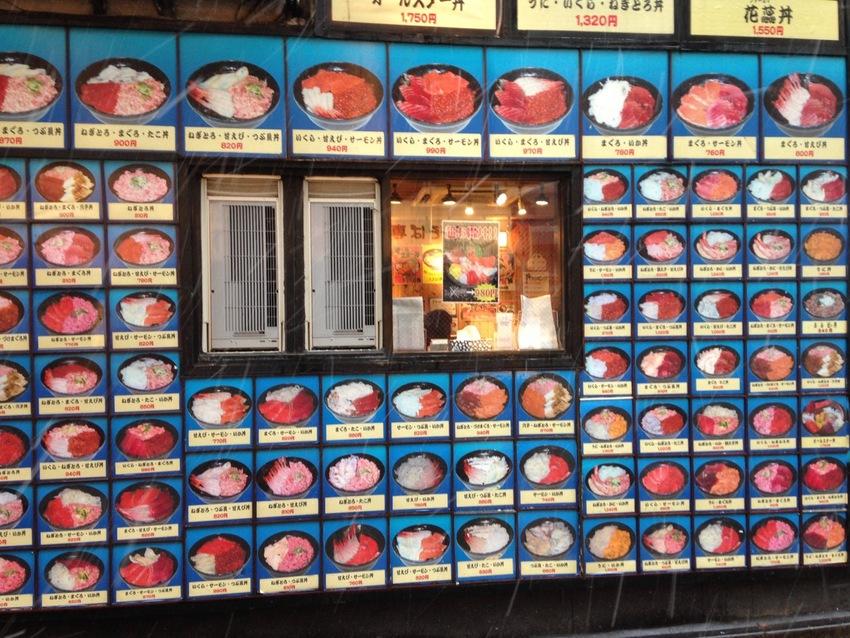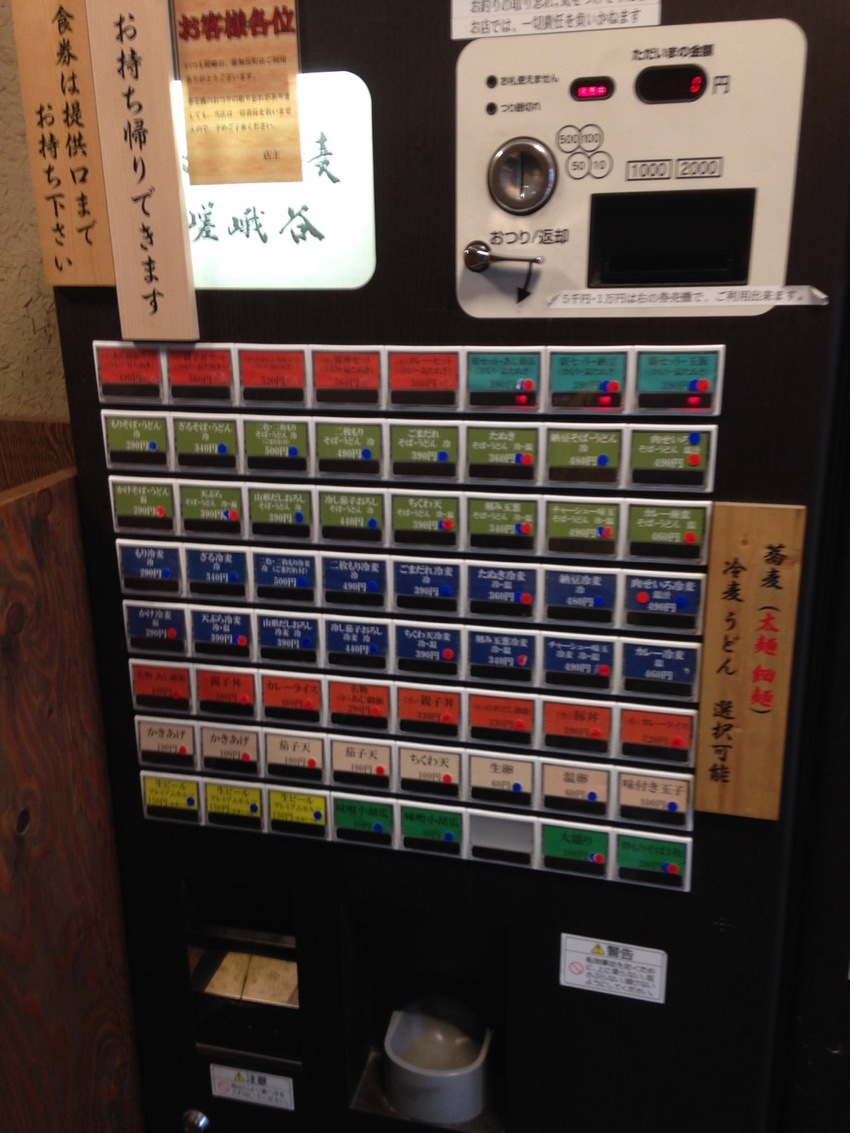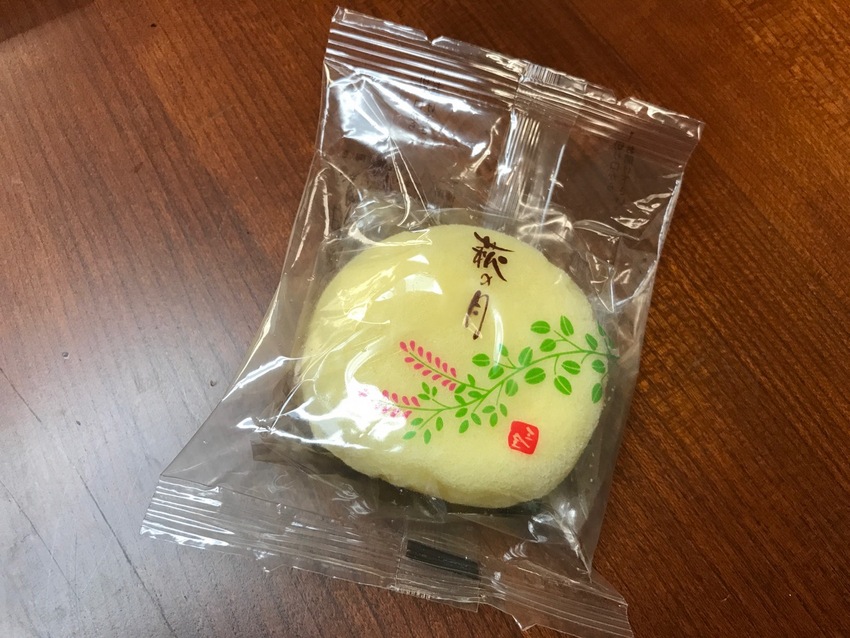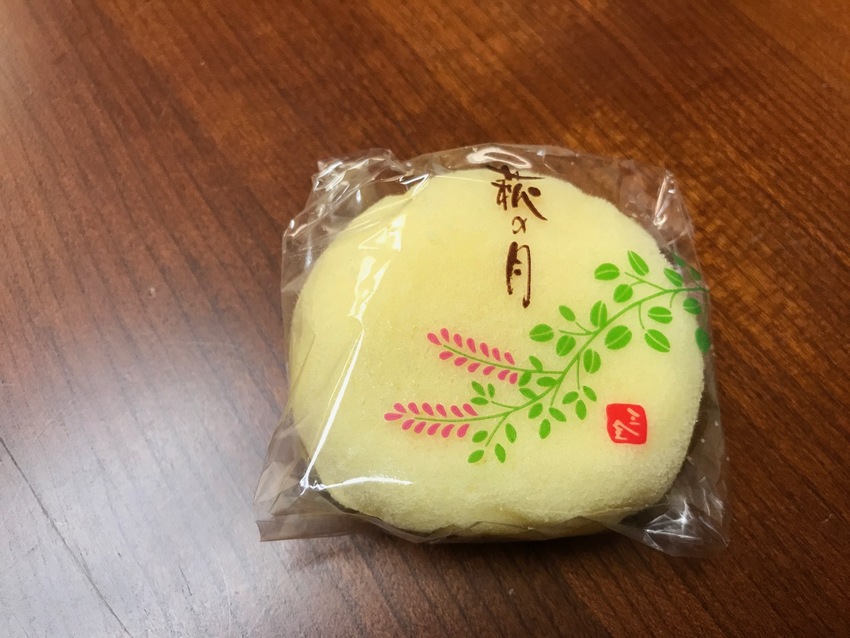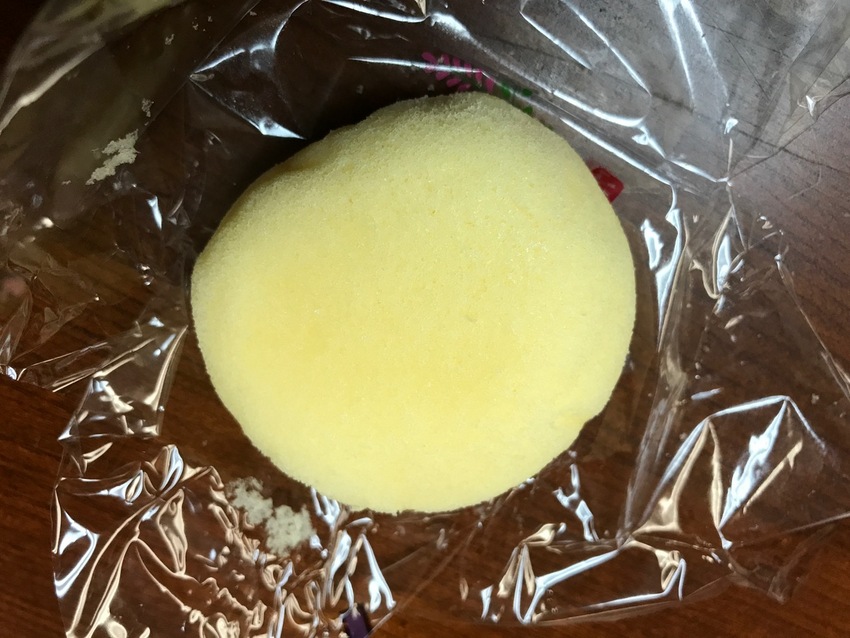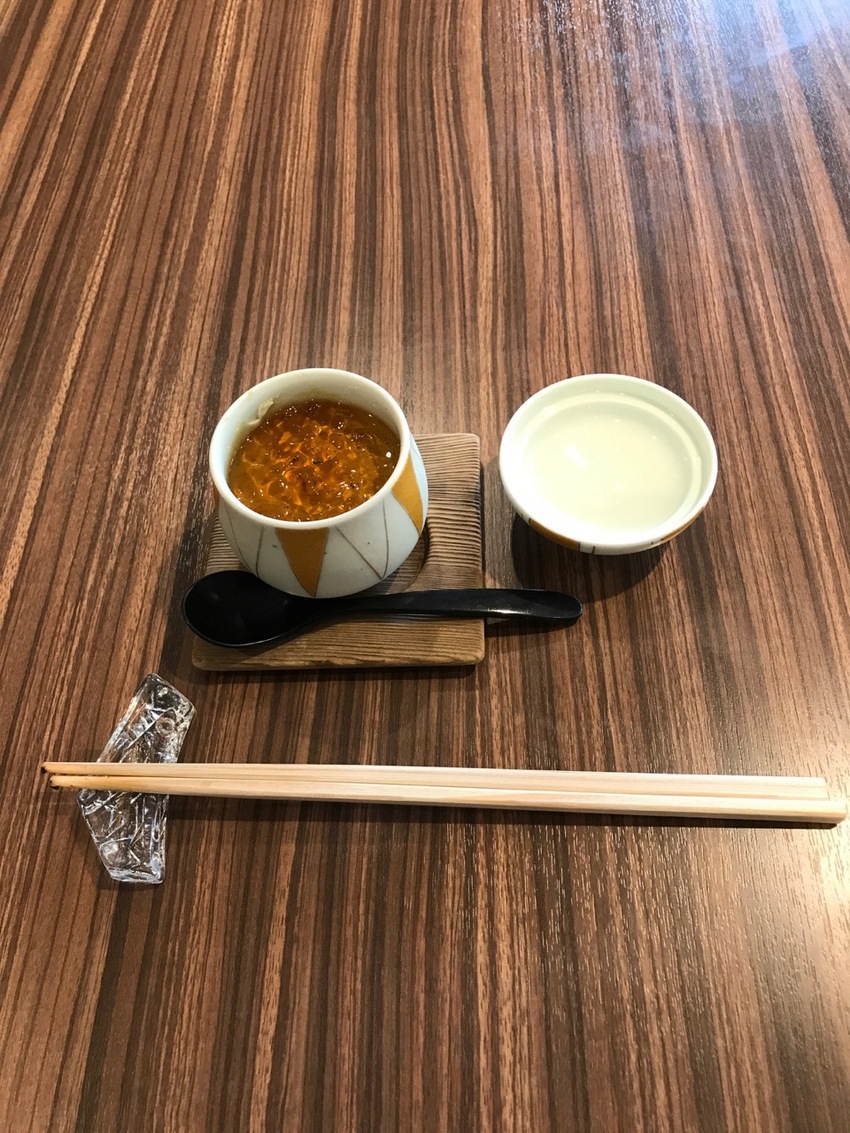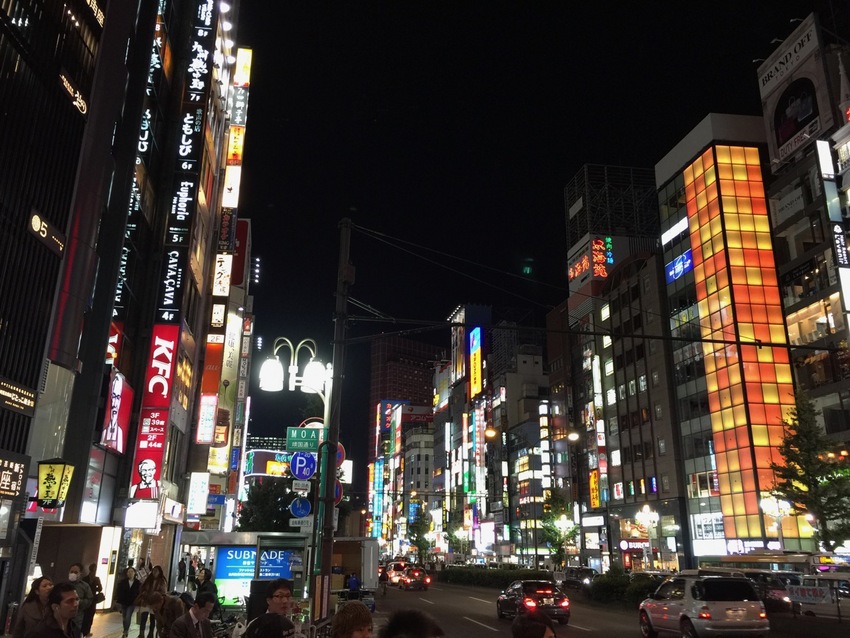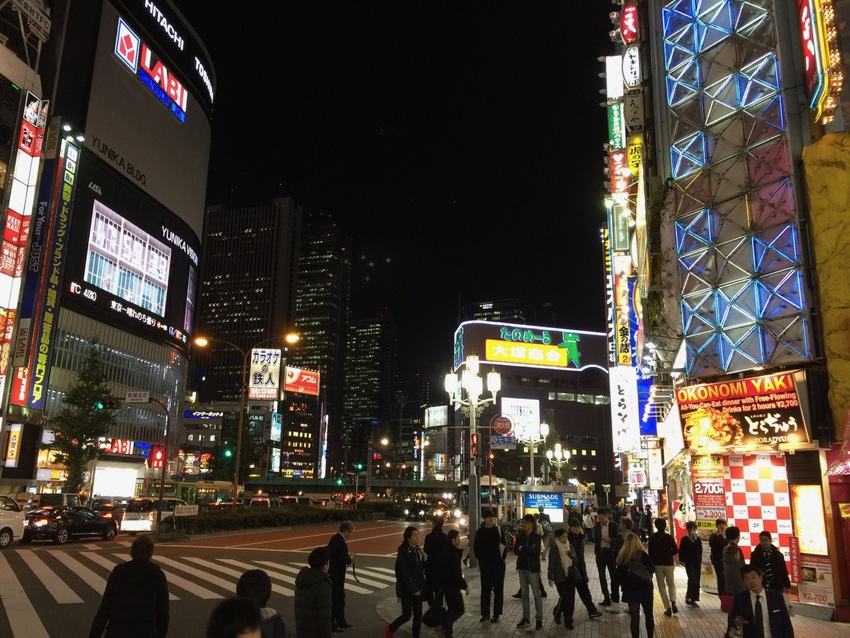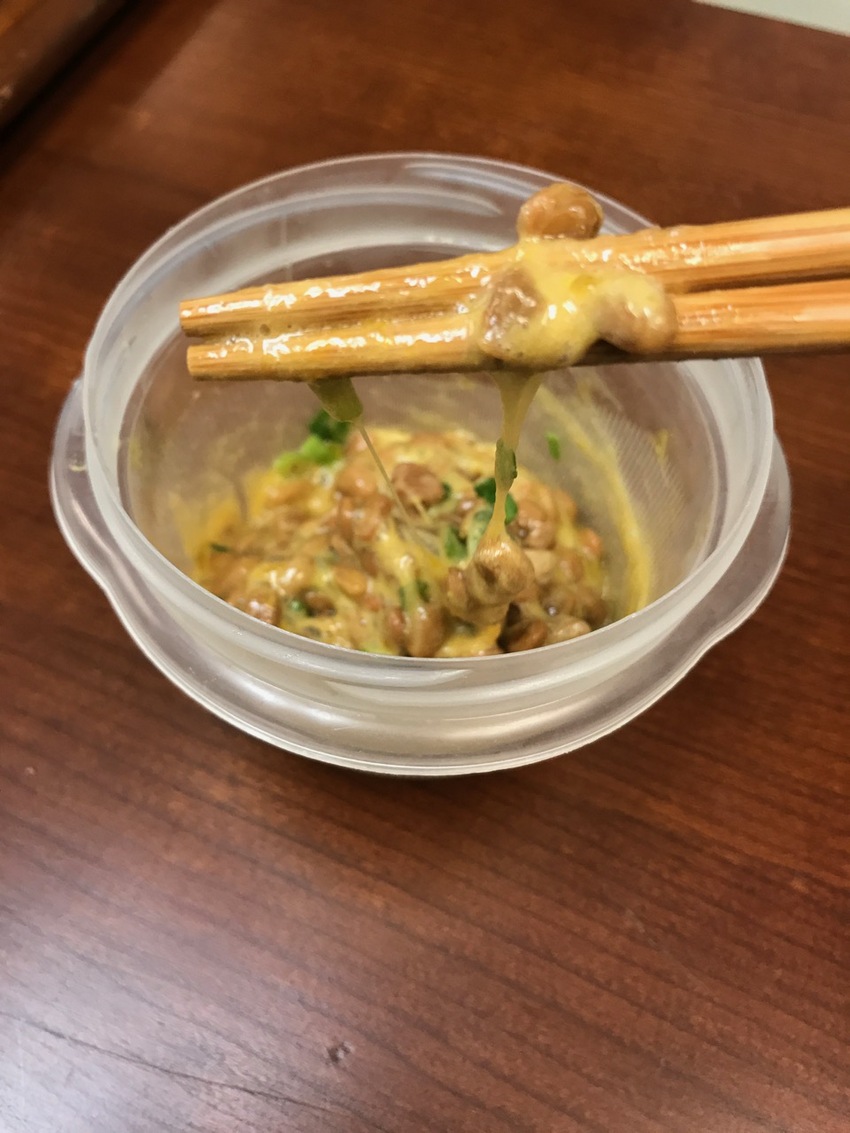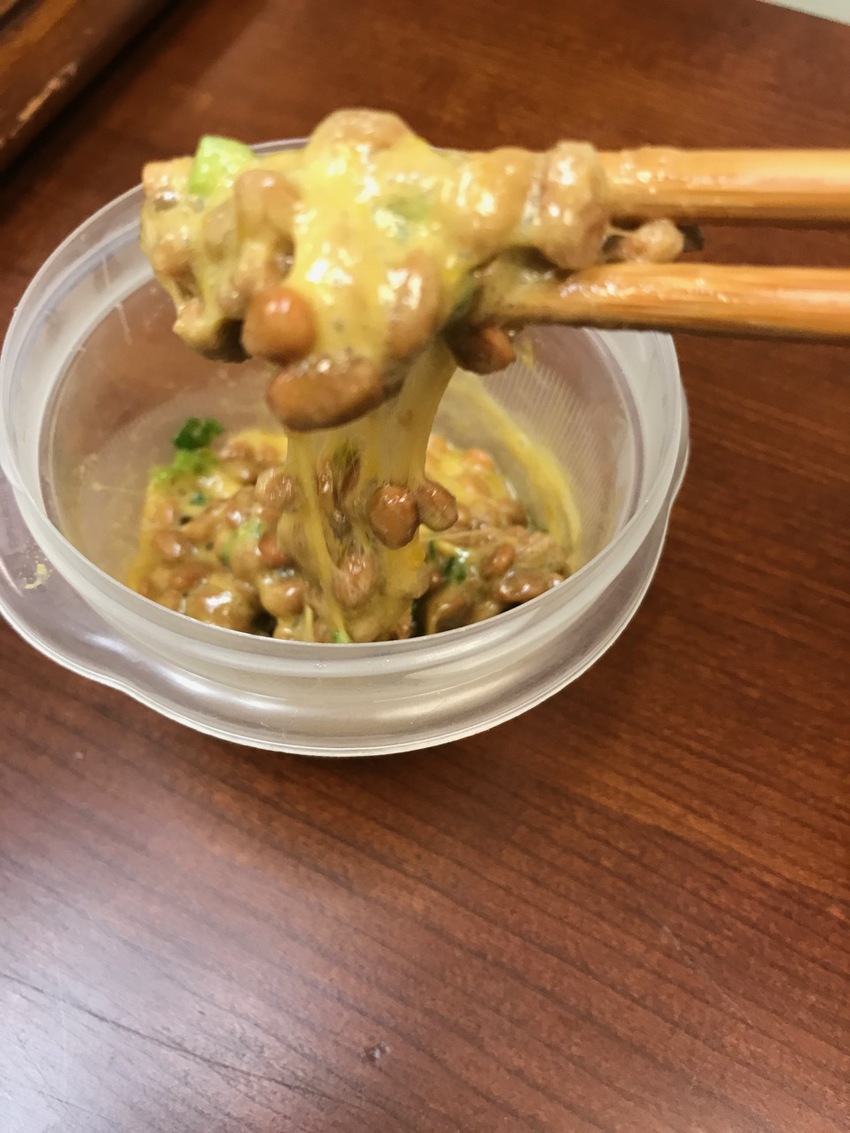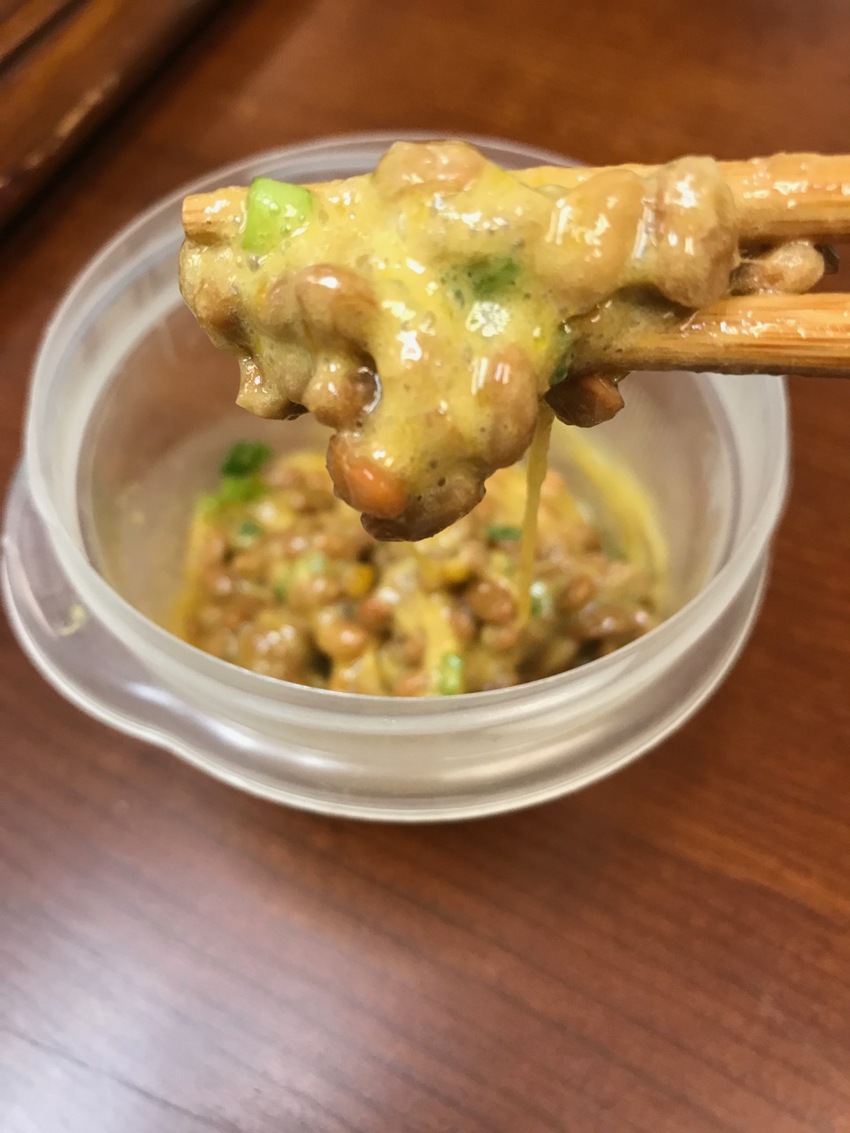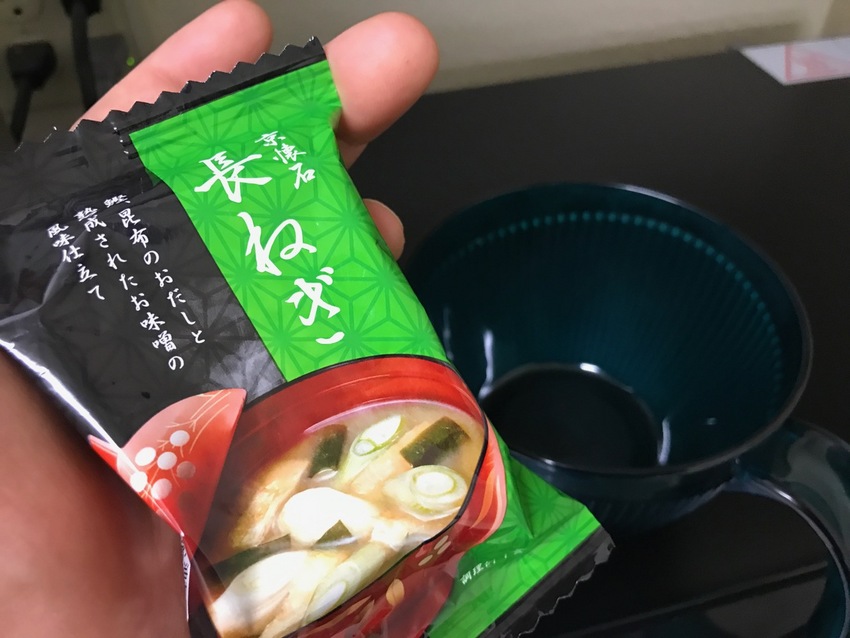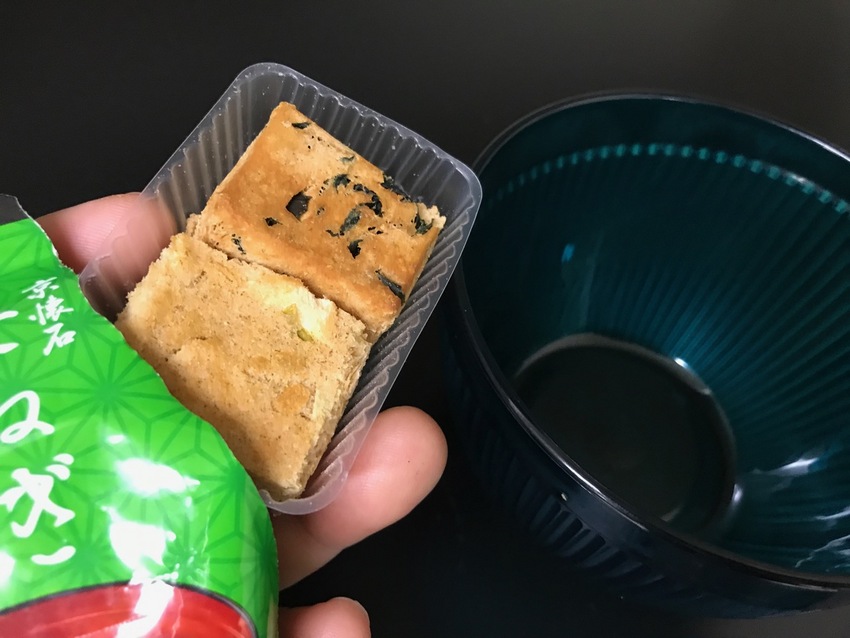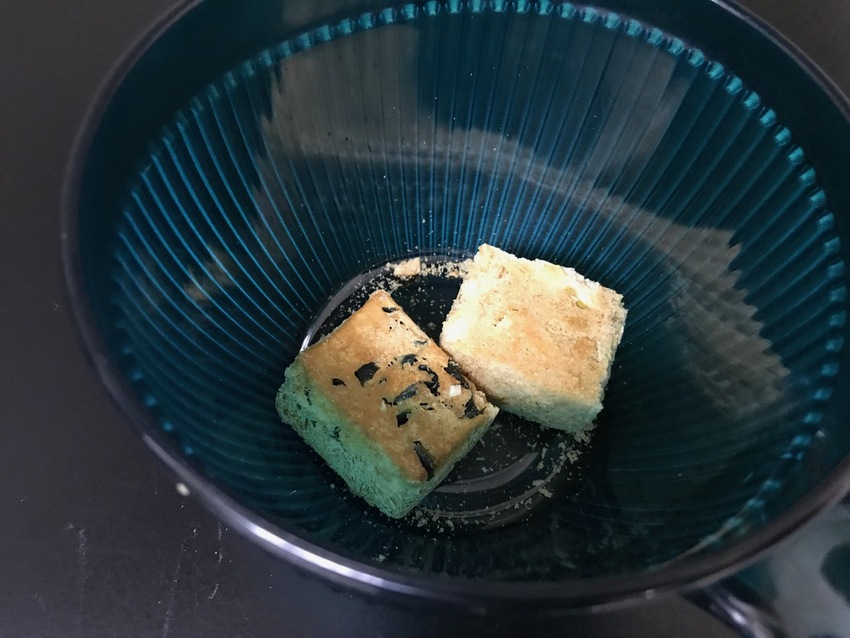Sep
9,
2017
Japnese Food Court
Sep
8,
2017
Sister Acts: How Music Can Help You Learn a New Language
It was previously thought that language and music used two differing brain functions. Speech functions were localized in the left-brain hemisphere and language in the right. But scientific advances in brain imaging technology have challenged that idea as of late. In fact, it’s becoming increasingly clear that there’s a whole lot of overlap between the two. The data is overwhelming that music can aid in one’s quest (www.fluentu.com/blog/learning-language-through-music/?nabe=4857995676876800:1&utm_referrer=https%3A%2F%2Fwww.google.com%2F) to learn a new language.
How it Helps
If you were asked, “Which letter comes before R?”, you would probably have to sing the alphabet song in order to remember it is ‘Q’. Ask any kindergartener, and you will realize that, even at a young age, we become aware rather quickly of the perks of memorizing things in conjunction with music. It’s true, the power of music is seldom matched (https://ledgernote.com/columns/music-theory/circle-of-fifths-explained/), both in terms of its memorization benefits and its complexity itself. For instance, think about how much easier it is for you to memorize your favorite song than it was to memorize your multiplication tables.
You see, certain songs trigger memories (https://www.psychologytoday.com/blog/the-athletes-way/201312/why-do-the-songs-your-past-evoke-such-vivid-memories), just like the way scent does. Music can help ingrain in your mind events that happened years ago, and it can help you to recall them with ease. Channeling this tool when it comes to memorizing a new alphabet and language is just as effective. There is no reason you can’t help yourself memorize the hiragana and katakana alphabets with music. Not only will this make the process easier, but it will most likely make it more fun and interesting, too.
How it Works
The brain is an “association machine”. It remembers new information by connecting it with the information already there (www.newsmax.com/FastFeatures/parts-of-the-brain/2016/05/23/id/730269/). So, the memories or facts you most easily remember are those that get linked, whether consciously or subconsciously, to memories and information already there. Simple enough, right? Just remember that for you to retain the vocabulary and store it in your long-term memory, you have to creatively connect them with something else. If you were trying to memorize the Japanese word “Oboemasu”, you could think of the oboe, a musical instrument, and you could pair “masu” with another word it reminds you of, perhaps the word, “massage”.
Songs create these same kinds of opportunities for making connections, which is why they’re so memorable. There are plenty of people who can’t remember their friend’s birthdays, yet they know all of the words to hundreds of songs. By pairing new vocabulary with music, you not only allow your brain to make more connections to the new words you are learning, but you target the rhythmic side of music and language that pair so well together, too.
Sep
7,
2017
Newsletter is Coming !!!
Sep
6,
2017
Foot Ticket and Vending Machine --- 食券販売
Have you ever seen the system like this anywhere?
By doing this, the shop employee would never handle cash and there is no crime to hold up the restaurant either.
Sep
5,
2017
Hagi no Tsuku 萩の月
What sweets fop you like from Japan?
https://ja.wikipedia.org/wiki/萩の月
Sep
4,
2017
Japanese Language T Shirt
I think we can do better.
Sep
4,
2017
Japanese Full Course Lunch / Dinner
This is a 5,000 yen lunch at Novotel Hotel in Kosuhien.
http://www.novotel.com/gb/hotel-4977-novotel-koshien-osaka-west/index.shtml
Sep
3,
2017
Night in Tokyo
Sep
2,
2017
Natto 納豆
Do yon know what it is?
Have you had Natto before?
Do you like it?
Most Japanese people I know love it.
Sep
1,
2017
Amazing Japanese Instant Foods
×
- If you are a bloguru member, please login.
Login - If you are not a bloguru member, you may request a free account here:
Request Account

